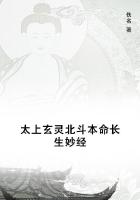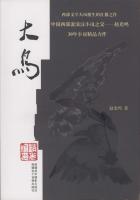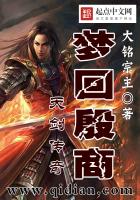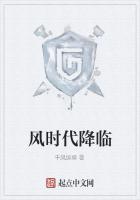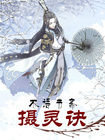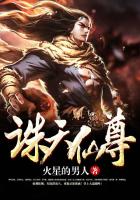* There is a story which illustrates admirably the audacity of Morris and the austere dignity of Washington. The story runs that Morris and several members of the Cabinet were spending an evening at the President's house in Philadelphia, where they were discussing the absorbing question of the hour, whatever it may have been. "The President," Morris is said to have related on the following day, "was standing with his arms behind him--his usual position--his back to the fire. I started up and spoke, stamping, as I walked up and down, with my wooden leg; and, as I was certain I had the best of the argument, as I finished I stalked up to the President, slapped him on the back, and said.
"Ain't I right, General?" The President did not speak, but the majesty of the American people was before me. Oh, his look! How I wished the floor would open and I could descend to the cellar!
You know me," continued Mr. Morris, "and you know my eye would never quail before any other mortal."--W. T. Read, Life and Correspondence of George Read (1870) p.441.
There were other prominent members of the Pennsylvania delegation, but none of them took an important part in the Convention, not even the aged Benjamin Franklin, President of the State. At the age of eighty-one his powers were failing, and he was so feeble that his colleague Wilson read his speeches for him. His opinions were respected, but they do not seem to have carried much weight.
Other noteworthy members of the Convention, though hardly in the first class, were the handsome and charming Rufus King of Massachusetts, one of the coming men of the country, and Nathaniel Gorham of the same State, who was President of Congress--a man of good sense rather than of great ability, but one whose reputation was high and whose presence was a distinct asset to the Convention. Then, too, there were the delegates from South Carolina: John Rutledge, the orator, General Charles Cotesworth Pinckney of Revolutionary fame, and his cousin, Charles Pinckney.
The last named took a conspicuous part in the proceedings in Philadelphia but, so far as the outcome was concerned, left his mark on the Constitution mainly in minor matters and details.
The men who have been named were nearly all supporters of the plan for a centralized government. On the other side were William Paterson of New Jersey, who had been Attorney-General of his State for eleven years and who was respected for his knowledge and ability; John Dickinson of Delaware, the author of the "Farmer's Letters" and chairman of the committee of Congress that had framed the Articles of Confederation--able, scholarly, and sincere, but nervous, sensitive, and conscientious to the verge of timidity--whose refusal to sign the Declaration of Independence had cost him his popularity, though he was afterward returned to Congress and became president successively of Delaware and of Pennsylvania; Elbridge Gerry of Massachusetts, a successful merchant, prominent in politics, and greatly interested in questions of commerce and finance; and the Connecticut delegates, forming an unusual trio, Dr. William Samuel Johnson, Roger Sherman, and Oliver Ellsworth. These men were fearful of establishing too strong a government and were at one time or another to be found in opposition to Madison and his supporters. They were not mere obstructionists, however, and while not constructive in the same way that Madison and Wilson were, they must be given some credit for the form which the Constitution finally assumed. Their greatest service was in restraining the tendency of the majority to overrule the rights of States and in modifying the desires of individuals for a government that would have been too strong to work well in practice.
Alexander Hamilton of New York, as one of the ablest members of the Convention, was expected to take an important part, but he was out of touch with the views of the majority. He was aristocratic rather than democratic and, however excellent his ideas may have been, they were too radical for his fellow delegates and found but little support. He threw his strength in favor of a strong government and was ready to aid the movement in whatever way he could. But within his own delegation he was outvoted by Robert Yates and John Lansing, and before the sessions were half over he was deprived of a vote by the withdrawal of his colleagues.
Thereupon, finding himself of little service, he went to New York and returned to Philadelphia only once or twice for a few days at a time, and finally to sign the completed document. Luther Martin of Maryland was an able lawyer and the Attorney-General of his State; but he was supposed to be allied with undesirable interests, and it was said that he had been sent to the Convention for the purpose of opposing a strong government. He proved to be a tiresome speaker and his prosiness, when added to the suspicion attaching to his motives, cost him much of the influence which he might otherwise have had.
All in all, the delegates to the Federal Convention were a remarkable body of men. Most of them had played important parts in the drama of the Revolution; three-fourths of them had served in Congress, and practically all were persons of note in their respective States and had held important public positions. They may not have been the "assembly of demigods" which Jefferson called them, for another contemporary insisted "that twenty assemblies of equal number might be collected equally respectable both in point of ability, integrity, and patriotism." Perhaps it would be safer to regard the Convention as a fairly representative body, which was of a somewhat higher order than would be gathered together today, because the social conditions of those days tended to bring forward men of a better class, and because the seriousness of the crisis had called out leaders of the highest type.

